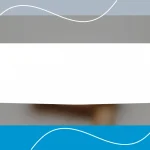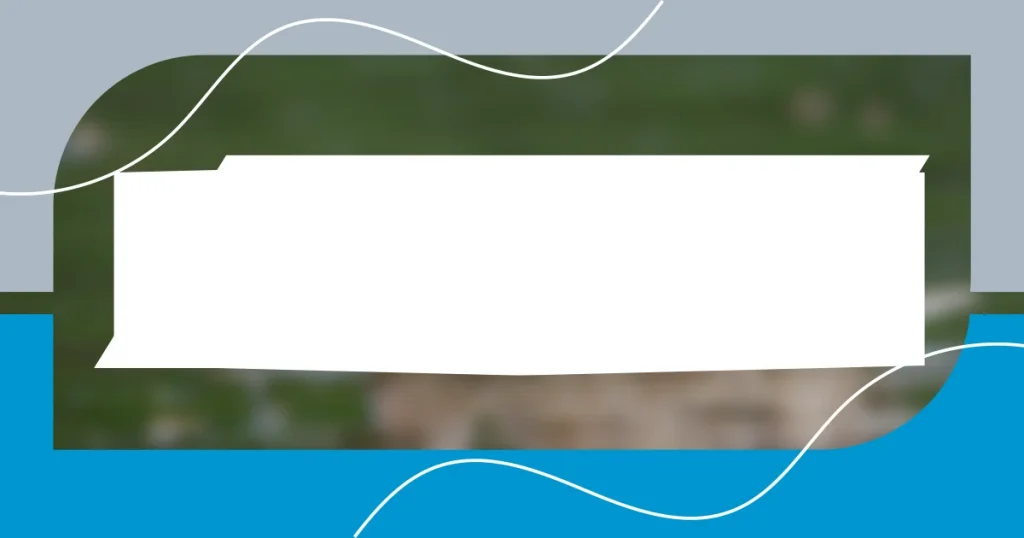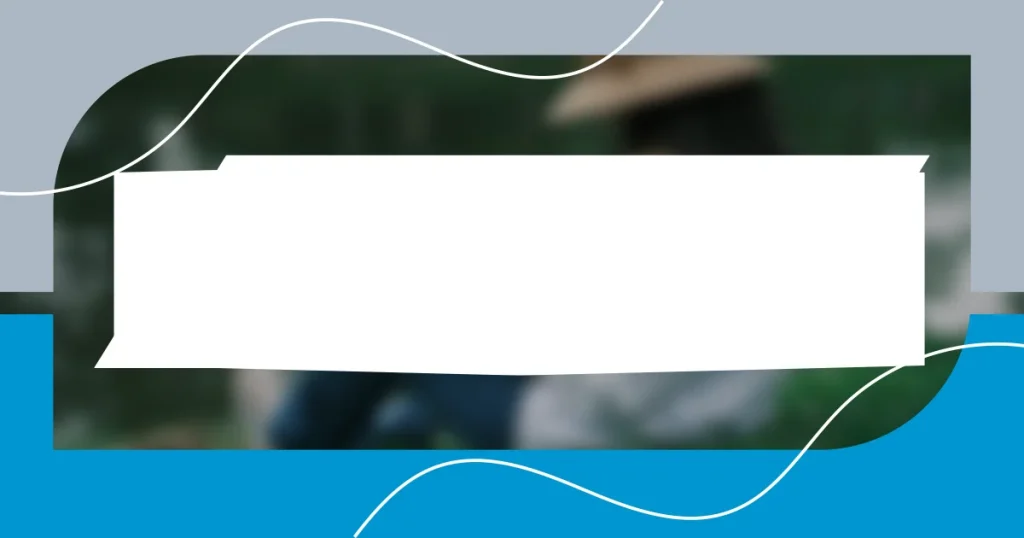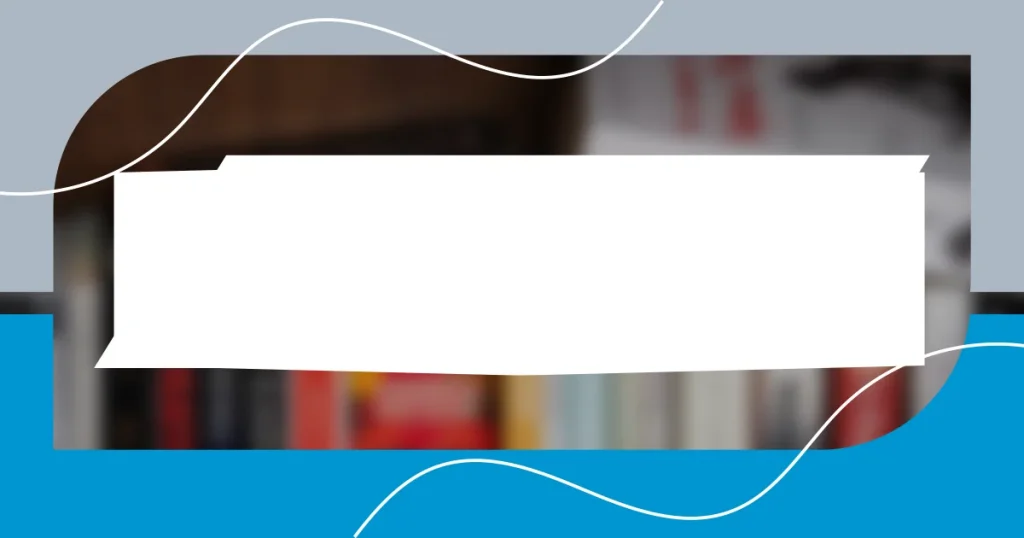Key takeaways:
- Genres are dynamic and influenced by cultural shifts, technology, and global perspectives, leading to the emergence of hybrid forms and new sub-genres.
- The evolution of storytelling formats, such as eBooks and social media, challenges traditional narrative structures and fosters innovative engagement with stories.
- Future trends in genres may focus on personalized experiences and cross-genre collaborations, suggesting a potential genre-less approach to storytelling.

Understanding genre evolution
Understanding genre evolution involves recognizing that genres are not static; they change and adapt over time. I remember discovering how the once niche genre of graphic novels morphed into a mainstream phenomenon, captivating a wide array of readers. This evolution reflects not just creative growth but the shifting tastes of society—don’t you think it’s fascinating how culture intertwines with artistic expression?
As genres evolve, they often borrow elements from one another, creating hybrids that can surprise and delight us. For instance, I’ve seen how the boundaries between fantasy and science fiction have blurred, leading to unique narratives that challenge traditional expectations. When I first encountered this fusion in books like “The Left Hand of Darkness,” it opened my eyes to new storytelling possibilities—could this blending be the key to engaging new audiences?
Additionally, the rise of technology has significantly influenced genre evolution, allowing creators to experiment and redefine their craft. I’ve watched how digital platforms have given rise to sub-genres like “booktube” or “podcast novels,” making literature more accessible and diverse. Isn’t it remarkable how each innovation invites us to explore stories in different ways? This ongoing evolution keeps the landscape of literature vibrant and exciting.

Key factors in genre change
As I reflect on the evolution of genres, it’s clear that cultural shifts play a pivotal role. For example, consider the emergence of social media; it has not only changed how stories are told but also how they are consumed. I remember the first time I encountered serialized novels on platforms like Wattpad; they felt like a fresh breath of air, capturing a young audience’s attention in a way traditional publishing often struggled to do.
Another factor I’ve noticed is the influence of global perspectives. The beauty of reading works from diverse authors is that it brings new themes and styles to the forefront, spurring changes in existing genres. I still recall reading a translated novel that blended magical realism with a modern setting. It challenged my perception of what a story could be and completely shifted my expectations of genre boundaries.
The commercialization of media also plays a significant part in genre transformation. I’ve seen how blockbuster adaptations of young adult novels have paved the way for an influx of franchise-driven storytelling. This has led to genres expanding beyond their roots and incorporating elements from film and gaming. It often makes me wonder how far the genre will evolve in response to consumer demand and market trends.
| Key Factors | Examples |
|---|---|
| Cultural Shifts | The rise of social media and online storytelling platforms |
| Diverse Perspectives | Authors blending genres through global themes |
| Commercialization | Franchise-driven storytelling influenced by adaptations |

Historical examples of genre shifts
The journey of genre evolution has been marked by striking shifts throughout history. For example, the transformation of detective fiction from the classic whodunit to the more complex psychological thriller reflects changing societal interests in morality and human behavior. I still remember the thrill of picking up a modern detective novel and being drawn into the protagonist’s emotional struggles, which felt so different from the traditional format I grew up with. This shift not only redefined storytelling but also brought to light deeper human experiences, making me reflect on how genres serve as a mirror to our evolving culture.
- Mystery to Psychological Thriller: The increase in complex characters with morally ambiguous traits.
- Romantic Comedies to Dramedies: The blending of humor and drama reflects our more nuanced views on relationships.
- Fantasy’s Expansion: The shift from traditional epic quests to urban fantasy, showing a shift in societal concerns and settings.
I’m fascinated by how genre mashups have emerged as a response to both cultural milestones and technological advances. For instance, the rise of horror-comedy films—think “Shaun of the Dead”—captures the unpredictable nature of reality, where laughter coexists with fear. I vividly recall watching it with friends, and we found ourselves oscillating between screams and laughter, realizing this unique blend allowed us to confront our fears in a lighthearted way. It’s intriguing how such shifts not only entertain but also provoke thoughtful discussions about our everyday lives.

Impact of technology on genres
The impact of technology on genres is undeniable, transforming how we create and engage with stories. Take eBooks, for instance. When I first experienced reading on my tablet, the ability to carry an entire library in my bag was revolutionary. It made me wonder—are we redefining what it means to be a reader? The convenience of digital formats allows for spontaneous choices in genres that weren’t as accessible before, broadening our horizons.
Social media platforms have also revolutionized the way we interact with fiction. I remember scrolling through Twitter, discovering microfiction threads that captured complete tales in just a few tweets. This concise storytelling taught me that brevity can be as impactful as a lengthy novel. It prompts me to ask, can the essence of genres be distilled into bite-sized pieces? I believe it can, and this evolution challenges traditional structures, encouraging innovation in how we narrate our experiences.
Moreover, technology has paved the way for interactive storytelling. I was captivated by a video game that wove elements of mystery and adventure, engaging me on a level that books often couldn’t. This fusion of gameplay and narrative made me rethink how I connect with genres. Are we moving toward an era where genres are defined less by their static forms and more by the engagement they inspire? In my opinion, embracing this fluidity is essential as we adapt to an ever-evolving cultural landscape.

Future trends in genre development
It’s fascinating to think about how genres will continue to evolve as we embrace more immersive experiences. Recently, I had the chance to dive into a virtual reality (VR) storytelling session that blended horror and adventure. The thrill of stepping into a narrative where I was both the protagonist and the audience was exhilarating. As I fumbled through a dimly lit haunted house in a VR game, I wondered: will our understanding of genre deepen as we physically engage with stories in this way?
Looking ahead, I believe there will be a remarkable shift towards personalized genres. Streaming services are already leveraging algorithms to curate content tailored to individual tastes, and I often find myself surprised by the hidden gems they recommend. One evening, I stumbled across a sci-fi thriller that blended elements of romance and mystery, and it was like discovering a secret recipe that resonated perfectly with my preferences. This makes me think: could the future of genres lie in our unique experiences rather than traditional definitions?
We also can’t ignore the potential for cross-genre collaborations that break down barriers. I recently attended a music festival which featured not just local bands but also live storytelling sessions, blending genres of music and literature. There was something electric about hearing a beloved story accompanied by a live score, making the narrative feel even more alive. I can’t help but wonder—are we ready to embrace a genre-less future where the boundaries are blurred? The next wave of genre development might just surprise us in how it shapes our cultural conversations.

Personal reflections on genre growth
When I reflect on genre growth, I can’t help but think about my own reading journey. I remember picking up a graphic novel for the first time and discovering how images can tell a story just as powerfully as words. This moment was eye-opening; it occurred to me that genres might not only define content but also how we consume it. Isn’t it intriguing how something as simple as integrating visuals can transform our expectations of a narrative?
There’s something truly exhilarating about blending genres, too. A few months ago, I listened to a podcast that interwove personal stories with historical facts, and it left such a lasting impression on me. This intersection of genres made me realize how our experiences can enhance narratives in unexpected ways. It raises the question—are we limiting ourselves by confining stories to rigid categories? I genuinely believe we are on the cusp of a new era where genre boundaries become more fluid and enriching.
Engaging with diverse genres has also shaped my emotional landscape. I often find solace in reading poetry, especially during challenging times, where the distilled emotions resonate deeply. Each genre offers a different lens through which to experience feelings, and it makes me wonder how our emotional responses to stories will evolve as genres continue to grow. Isn’t it fascinating to think about the profound connections we forge through these evolving narratives? In my experience, it’s this growth that keeps the world of literature vibrant and alive.
















